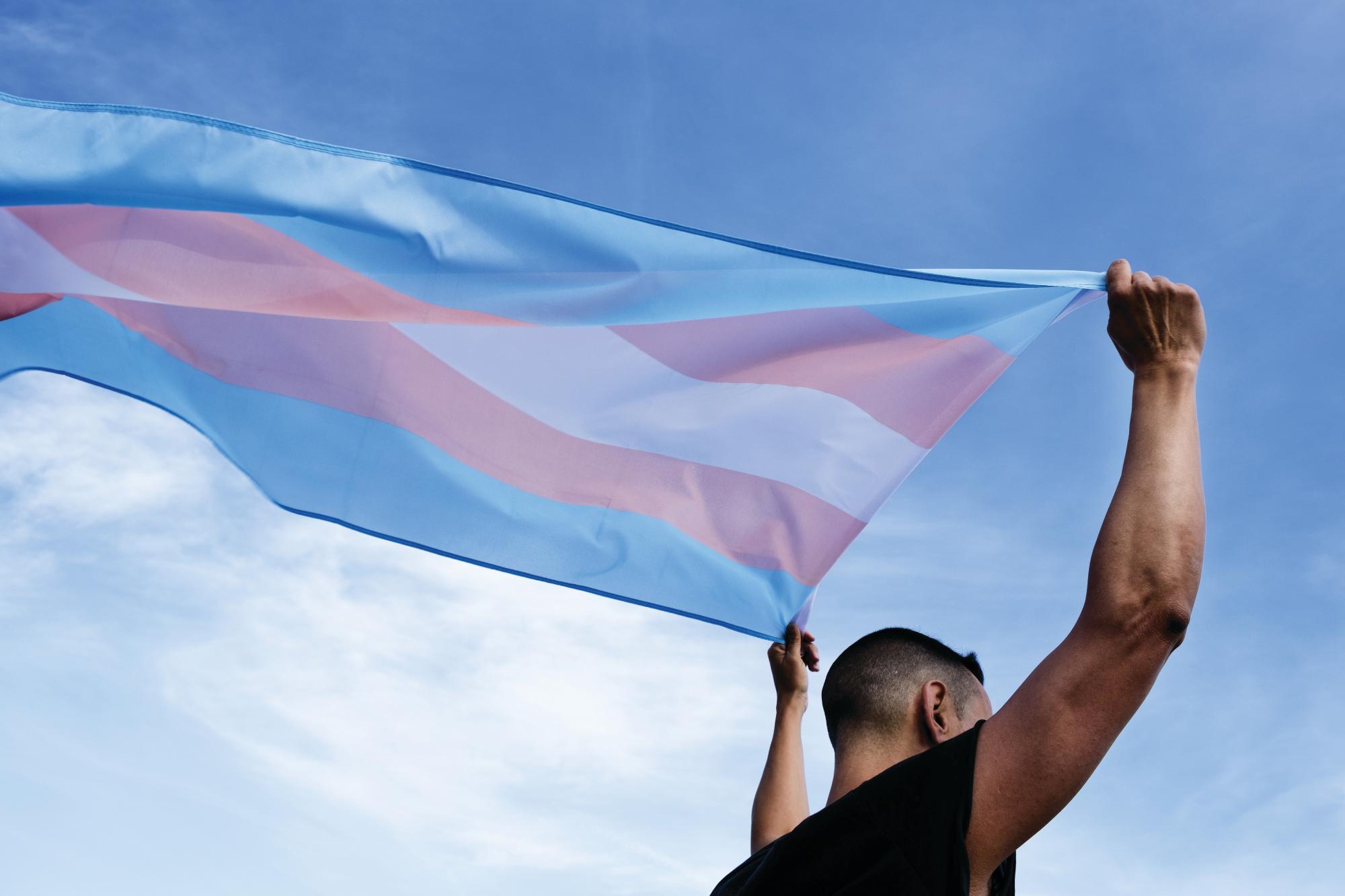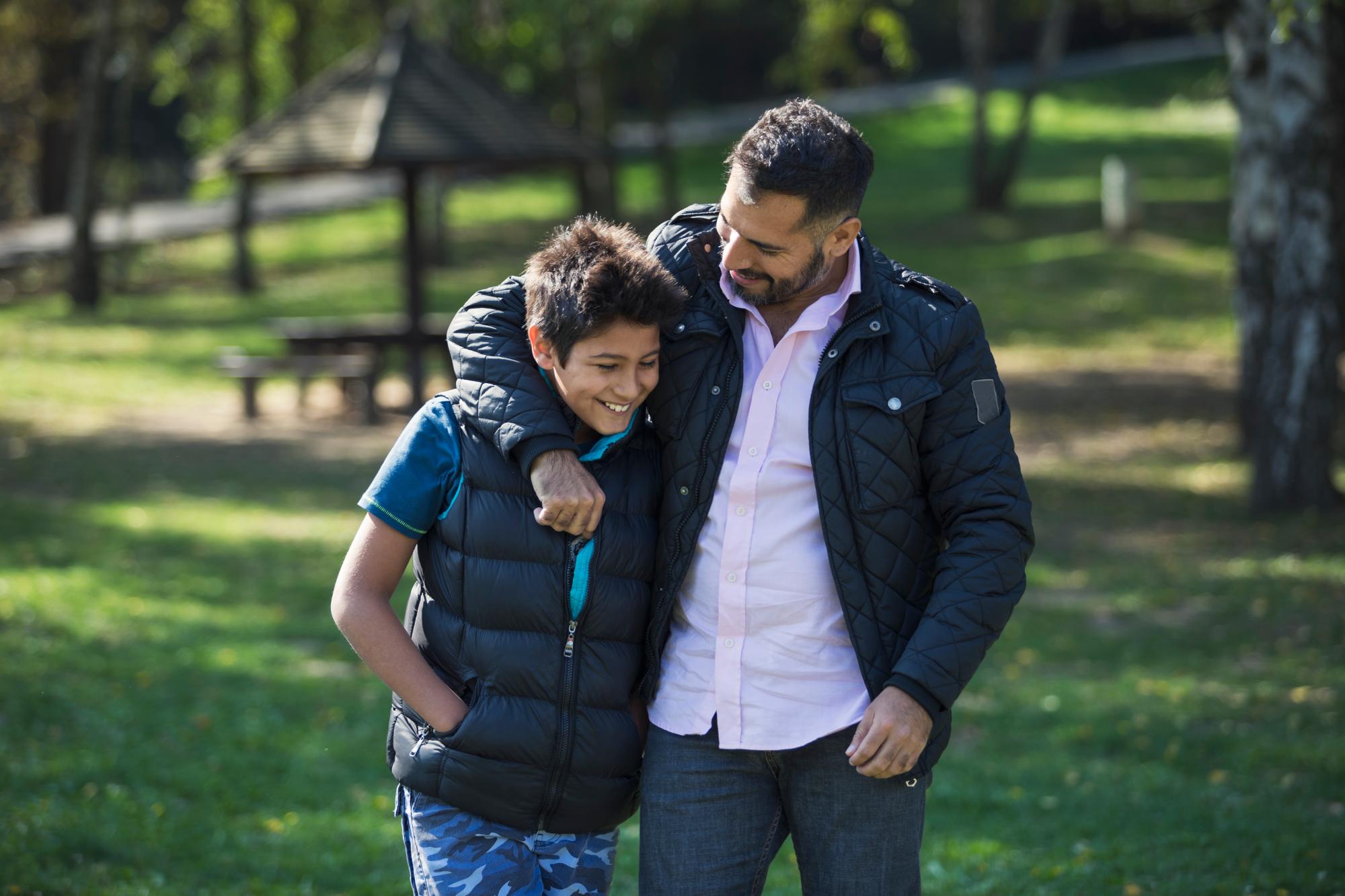Parenting a child who is transgender

Understanding your child's gender
Raising a child whose gender and sex assigned at birth do not match may be difficult for parents and family to understand.
By a very young age, most children know their gender and find it very difficult to think about themselves in any other way.
For other children understanding their gender is more complex and they may not be able to express this to you until they are much older.
Many young people who are transgender will feel comfortable with their gender and their body and may not desire any form of intervention or transition.
Others can feel extreme distress living and presenting as their sex assigned at birth and not their gender. They may wish to take steps towards more accurately expressing their true gender.
Talk to your child and ask them how they feel and what they need to ensure that you are protecting their physical and mental wellbeing.
Consider seeking professional assistance. There are organisations that specialise in this sort of support.
My stepson suffered depression for many years and all along it was due to the fact he was transgender but didn't feel as though he could tell anyone or articulate his confused feelings about his own sexuality.
After suffering alone for about 4 or 5 years, aged 16, he told us (his dad, mum and myself). Amazingly he went from being extremely isolated and withdrawn to being someone who is chatty and much happier!
It's heartbreaking that he didn't tell us earlier. We would have wholly supported him and helped in any way we could for him to feel loved, supported and not judged.
Step-parent of boy 16
Puberty and your gender diverse child
Puberty can be a particularly distressing time for a child who is transgender as their body is developing more characteristics that do not match their gender.
It is important that parents and children know that there are options, including counselling and medical treatment, to help a child who is distressed about these body changes.
Seeking professional help before the onset of puberty ensures you and your child have accurate information and access to services for support through this time.
Discrimination and mental wellbeing
Discrimination related to gender can have a significant impact on mental wellbeing.
School can be a nurturing place, and there are lots of stories of young people being supported and celebrated in their identity.
Sadly, others can experience bullying, exclusion and abuse.
The statistics are alarming! Within their lifetime...
As for every child, support is essential. See the list of services and support groups for both you and your child below.
What you can do to help
- Learn as much as you can from reliable, quality sources.
First steps: Supporting and caring for transgender children is a free booklet offers tips for parents, personal stories and how to be an ally.
- Reach out to support groups for yourself and your child:
QLife provides free LGBTI peer support via phone and webchat from 3pm to midnight every night.
TransFolk of WA is a support service for all transgender people and their loved ones in WA.
provides support for transgender young people and families.

- Use your child's pronoun (he/she/they) and the name they wish to be called.
In the beginning you may find this difficult but it is one of the most basic ways to show your respect for your child's gender identity and to maintain a positive relationship with your child.
- Talk to your child's school, sporting clubs and interest groups about how they can support your child.
- Keep lines of communication open with your child – by talking, texting and messaging on social media.
- Perhaps seek a referral from a doctor to visit the Gender Diversity Service at Perth Children's Hospital.
Most importantly, keep telling them you love them!

Read next:
If you need support:
Parents of Gender Diverse Children, Peer support for parents of transgender and gender diverse children
TransFolk of WA, WA support service for Transgender people and their families
Gender Diversity Service, Perth's Children Hospital
Qlife, National phone or online counselling, resources and referral services for LGBTI+ people and communities.
Minus 18, Youth driven network for Australian LGBTI+ youth
Lifeline, 24-hour crisis support and suicide prevention
Headspace, National mental health services for 12 to 25 year olds
Suicide Call Back Service, Nationwide 24/7 phone, video and online counselling for anyone affected by suicide.
Youth Beyondblue, Suicide prevention phone and online chat support for 12 to 25 year olds
You might also be interested in:
Gender diversity resources, Growing and developing healthy relationships
First steps: supporting and caring for transgender children, The Gender Centre Inc.
I think I might be transgender, The Gender Centre Inc.
Understanding gender identity – for families, Headspace
The gender creative child: pathways for nurturing and supporting children who live outside gender boxes, by Diane Ehrensaft (USA) The changing cultural, medical and legal landscape of gender and identity – providing positive support for children and families.
The transgender child: a handbook for families and professional, by Stephanie Brill and Rachel Pepper (USA) Explores the unique challenges of raising transgender children.

